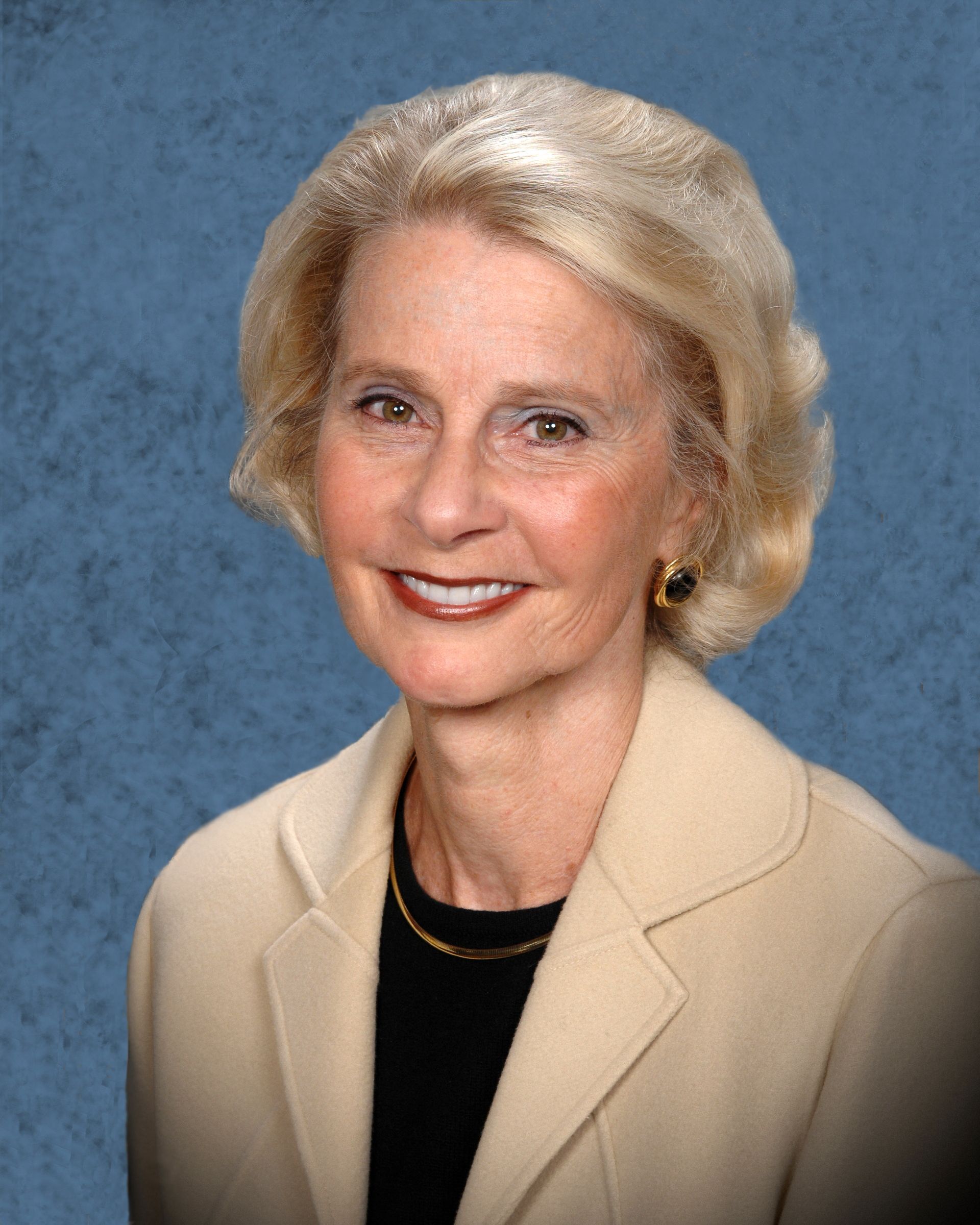BAS Assessor Certification and Recertification Documents
McCormick Institute for Early Childhood
BY McCormick Center | October 13, 2017
Is your goal is to understand the Business Administration Scale for Family Child Care (BAS) at a deeper level or to administer the tools reliably in your state or region? If so, assessor certification is for you.
Why seek certification? Certified BAS assessors…
- Develop a deeper understanding the BAS and have demonstrated reliability in delivering the tool;
- Have access to an online version of the BAS that generates a computerized report from the assessment data; and
- May be eligible to seek positions or consultant roles that require BAS certification.
How to Become a Certified BAS Assessor
- Attend BAS Reliability Training and achieve 85% or higher reliability on an assessment of learning outcomes. BAS Reliability Training Agenda.
- Complete the online BAS Assessor Certification Application and pay the $300 application fee.
- Within three months of your participation in the BAS Reliability Training, conduct a BAS assessment of two family child care programs. Be sure to follow these certification requirements when selecting the two centers.
- At the conclusion of each visit, give the provider the Assessment Feedback Form—Provider along with a stamped envelope addressed to the McCormick Center.
- Complete the Assessment Feedback Form—Assessor.
- Submit original BAS Books of the two completed BAS assessments, the Provider Qualifications Worksheets, and the Assessment Feedback Form—Assessor to the McCormick Center.
- Individuals who have reached this step may find the following resources useful as they conduct BAS assessments.
- Use this document to ensure you have all required materials for your submission. Links to forms you will need to complete can be found below. Once all required materials are received, the two assessments will be reviewed and a feedback form for each assessment will be generated. Upon satisfactory review of the completed BAS assessments, BAS Certification will be awarded. In addition to your certification, you will receive a computer-generated, BAS Report for each of the programs assessed. Assessors who are deferred will have an opportunity to conduct another assessment for review within two months.
- Evaluation Informed Consent Form
- HDI Form
- Assessment Feedback Form—Assessor
- Certified BAS Assessor Permission to Post Form
Renewing Your Certification
Certification is valid for two years and may be renewed through recertification.

By Marissa McCloy
•
February 25, 2026
Discover the enduring legacy of visionary founder Paula Jorde Bloom and how her leadership transformed early childhood education through the McCormick Institute for Early Childhood at National Louis University, inspiring leaders and advancing quality nationwide.




